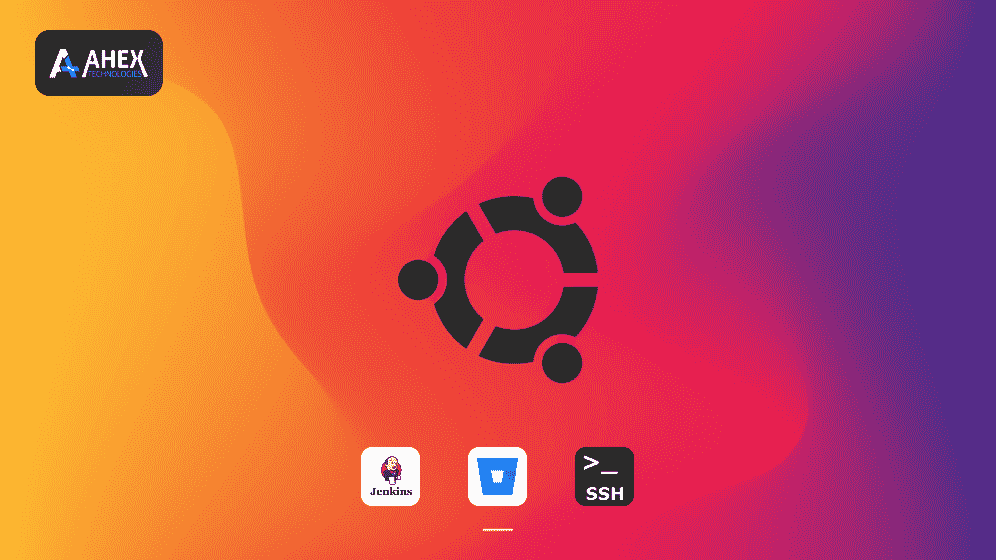
Deploying applications to an Ubuntu server can be a complex and time-consuming task. However, by leveraging the power of Jenkins, Bitbucket, and SSH, organizations can automate the deployment process and streamline their software delivery pipeline. In this article, we will explore how to set up a deployment pipeline using Jenkins, Bitbucket, and SSH to efficiently deploy applications to an Ubuntu server.
Table of Contents
- Introduction to Automated Deployment
- Setting Up the Ubuntu Server
- Installing and Configuring Jenkins
- Integrating Bitbucket with Jenkins
- Establishing SSH Connection
- Creating Deployment Shell Scripts
- Configuring Jenkins Jobs
- Testing and Monitoring
- Benefits of Automated Deployment
- Conclusion
Introduction to Automated Deployment
Automated deployment eliminates the need for manual intervention and reduces the chances of errors during the deployment process. By automating the deployment pipeline, organizations can ensure consistent and reliable deployments, saving time and effort.
Setting Up the Ubuntu Server
To begin the deployment process, you need to set up an Ubuntu server. Follow these steps:
- Provision an Ubuntu Server: Set up an Ubuntu server instance, either on-premises or in the cloud, that will serve as the deployment target.
- Install Required Dependencies: Install necessary dependencies on the Ubuntu server, such as Git, Docker, or any other tools required for your specific application.
- Configure Security: Apply necessary security measures to the Ubuntu server, including firewall rules, user access controls, and SSL certificates for secure communication.
Installing and Configuring Jenkins
Jenkins is an open-source automation server that provides a wide range of plugins and integrations. Here’s how to install and configure Jenkins on the Ubuntu server:
- Install Jenkins: Install Jenkins on the Ubuntu server using the official package repositories or by downloading and running the Jenkins WAR file.
- Configure Jenkins: Access the Jenkins web interface, configure the necessary settings, such as network configurations, system preferences, and plugin installations.
- Install Required Plugins: Install the plugins required for integrating Jenkins with Bitbucket, SSH, and any other tools or services used in your deployment process.
Integrating Bitbucket with Jenkins
Bitbucket is a web-based version control repository management system. Here’s how to integrate Bitbucket with Jenkins:
- Create a Bitbucket Repository: Create a repository in Bitbucket to host your application’s source code.
- Generate SSH Key Pair: Generate an SSH key pair on the Jenkins server. Add the public key to your Bitbucket repository’s SSH settings to establish a secure connection.
- Set Up Webhook: Configure a webhook in Bitbucket to trigger Jenkins whenever changes are pushed to the repository.
Establishing SSH Connection
SSH (Secure Shell) allows secure communication between servers. To establish an SSH connection between Jenkins and the Ubuntu server, follow these steps:
- Generate SSH Key Pair: Generate an SSH key pair on the Jenkins server using the ssh-keygen command. Copy the public key to the Ubuntu server’s SSH directory.
- Configure SSH Access: Configure SSH access on the Ubuntu server to allow connections from the Jenkins server. Update SSH configuration files to permit passwordless SSH login.
Creating Deployment Shell Scripts
Create shell scripts that contain the necessary deployment commands for your application. These scripts will be executed by Jenkins during the deployment process. Ensure the scripts include steps to pull the latest code from Bitbucket, build the application, configure any necessary dependencies, and start the application.
Configuring Jenkins Jobs
Configure Jenkins to execute the deployment shell scripts as part of the deployment pipeline. Create a Jenkins job that is triggered by a webhook from Bitbucket or scheduled at regular intervals. In the job configuration, specify the shell script path and any required environment variables.
Testing and Monitoring
To ensure the reliability of your deployments, implement thorough testing and monitoring practices. Set up automated tests to validate the functionality of your application after each deployment. Additionally, monitor the server and application logs to detect any errors or performance issues.
Benefits of Automated Deployment
Automating the deployment process using Jenkins, Bitbucket, and SSH offers several benefits:
- Consistency: Automated deployments ensure that the same steps are followed every time, reducing the chances of human error and inconsistencies.
- Efficiency: Automating the deployment process saves time and effort, allowing development teams to focus on other critical tasks.
- Reliability: Automated deployments are less prone to errors, leading to more reliable and stable applications.
- Scalability: With an automated deployment pipeline, organizations can easily scale their applications and deploy them to multiple servers or environments.
Conclusion
Automating the deployment process using Jenkins, Bitbucket, and SSH on an Ubuntu server can greatly simplify and streamline your software delivery pipeline. By following the steps outlined in this article, you can set up a robust deployment pipeline that ensures consistent, reliable, and efficient deployments of your applications. Embrace the power of automation and enjoy the benefits of accelerated software delivery today.







